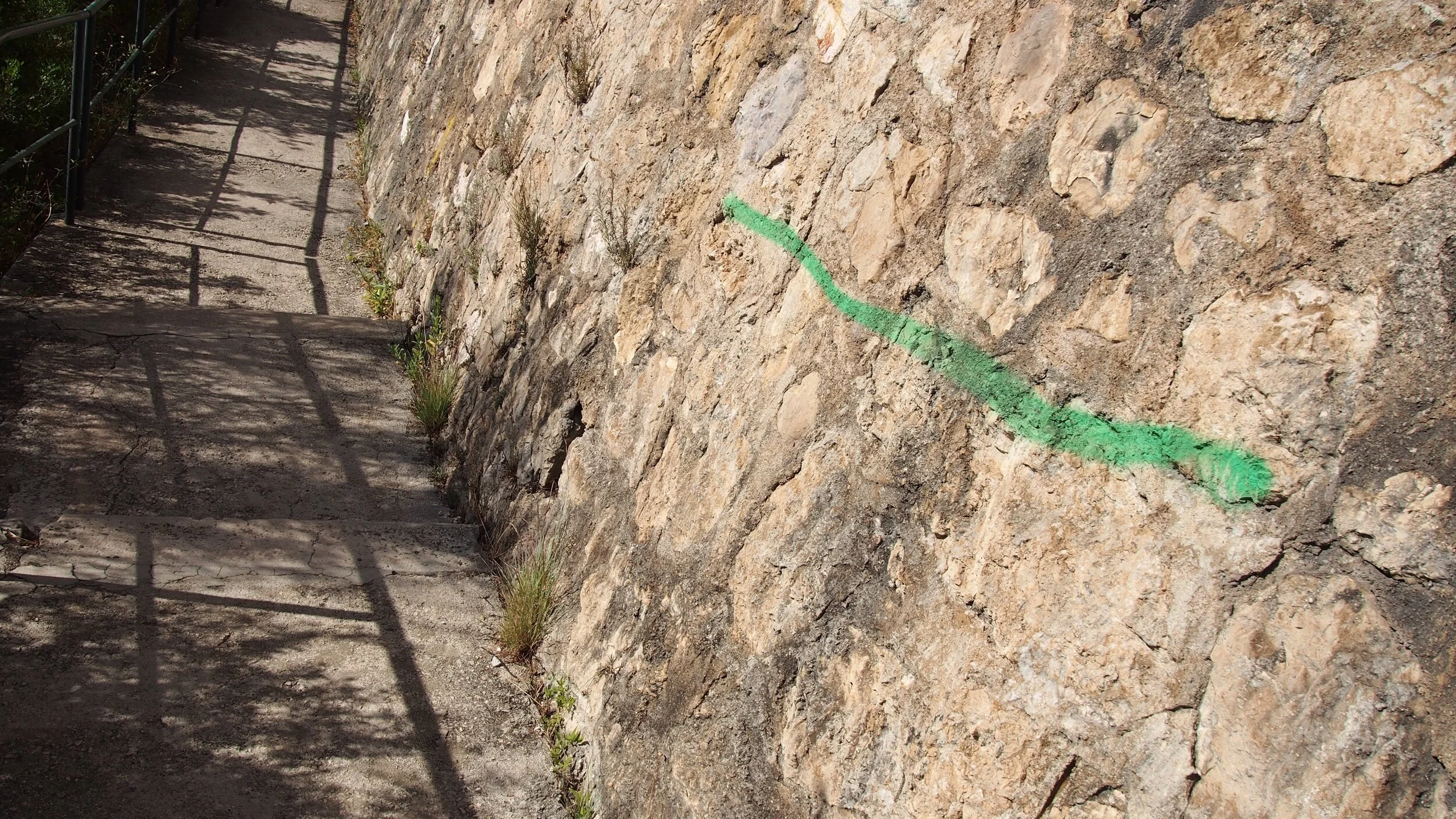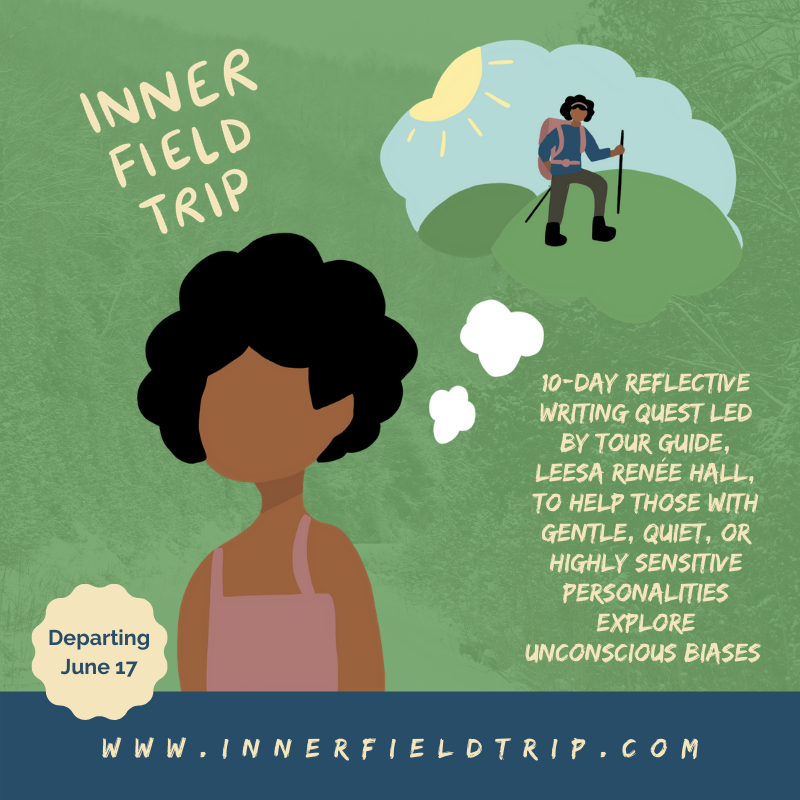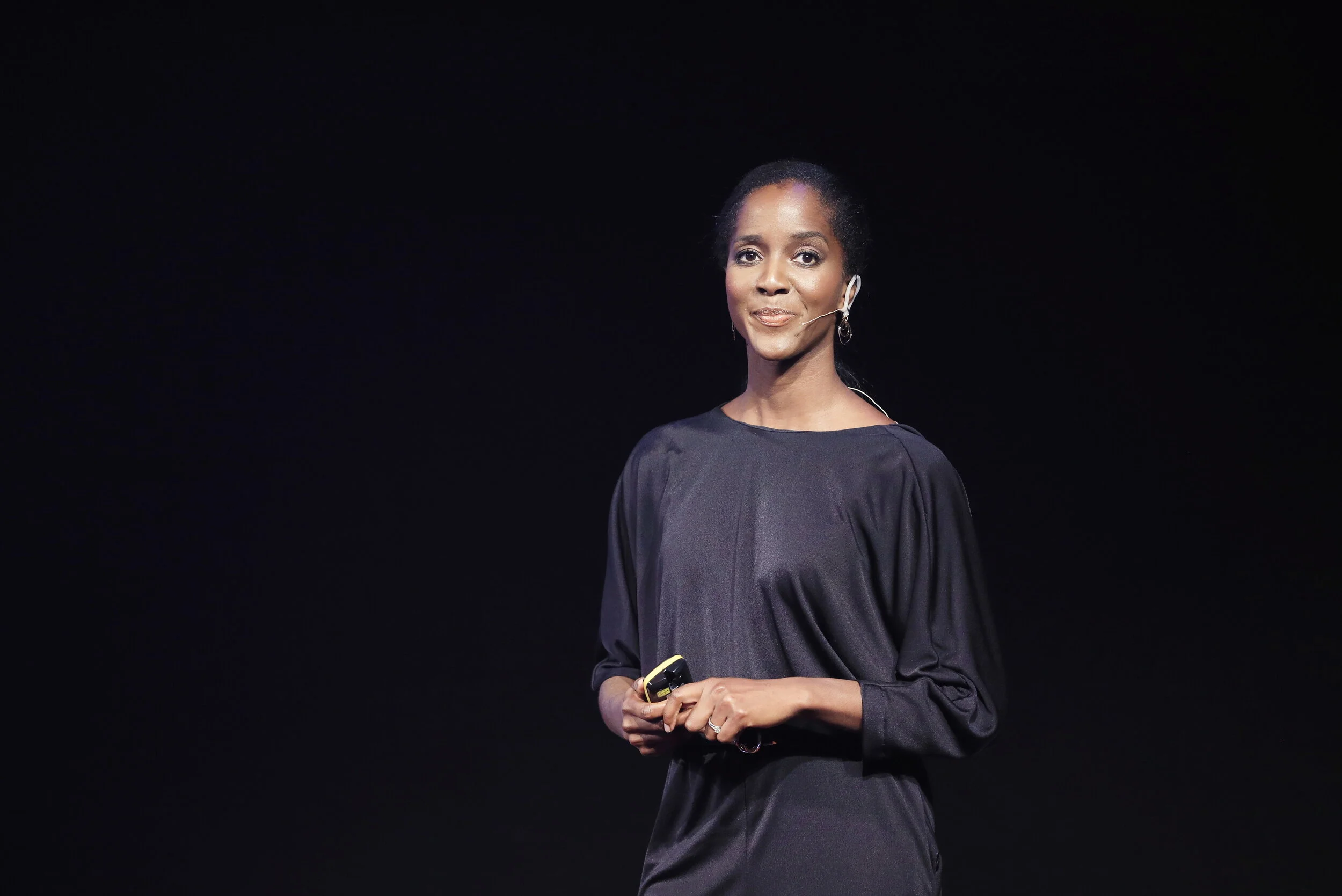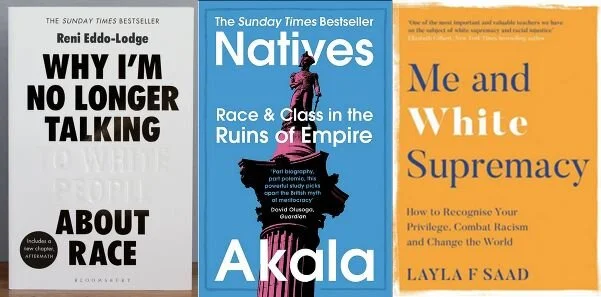Every month I wrestle with words, trying to articulate things in my head and my heart, to share with you. A reaching out, a need for connection and the start of a conversation. This month it’s been harder for me to know where to begin, but I trust in this relationship we have been building here, as a community of people who care about ideas and creating new possibilities. What I have to say may come out awkward, self-focused and, quite frankly, a bit late. But I am also learning to accept that showing up imperfectly is better than not showing up at all.
I’m not sure I can tell you why it’s taken me almost 40 years to say Black Lives Matter. (I think I have a pretty good idea, but that’s not really the point anymore, those are issues I have to work through myself.) What I know is that the world is not as I want it to be; it has never been close, and I must acknowledge my part in that. I believe we are all responsible to each other, that our actions, even our small everyday choices, affect people we may never meet, living in places we may never go. Up until now that has felt intangible, and easy to dismiss. But as I understand the weight of responsibility for my actions during the pandemic – quite literally knowing that I have the power to infect people, to cause other people’s deaths – I now see how my actions regarding racism are the same.
I am committed to doing this work, to unpick my unconscious biases, to accept how my whiteness has benefited me in ways I did not perceive, to be critical of the structures I’ve grown up in and am now part of. I am at the beginning of my anti racism practice; it is challenging me and it is uncomfortable. I’m willing to feel my way through it, to listen and learn. I will be doing this slowly and quietly, listening to Black, Brown and Indigenous voices, reading their experiences, writing to explore my own thoughts and push my understanding. And, hopefully, discussing and questioning with you, if you’ll join me.
Despite feeling like a novice in my personal anti racism practice, I accept that I have a responsibility within craft to speak up and to work to challenge systemic racism and lack of diversity in the sector. My professional practice is built on questioning and seeking ways forward that reflect and honour the needs of makers. I use conversation to explore and understand the experience of makers, and writing to share that with a wider audience. I collaborate with organisations to create opportunities that support and promote the creative practice of makers. I haven’t done enough in this work to support Black, Brown, Indigenous, Mixed Heritage and Ethnic Minority makers. I haven’t made equity and representation part of the conversation, I haven’t asked ‘why is craft so white? How can we be better?’. I am starting now.
I have spent 20 years thinking about objects and the people who made/make them. Learning their stories, finding connections between them and ourselves in ways that feel relevant and vital. Diving into my love of materials and their possibilities, my fascination for tools, processes and skills that craftspeople use to bring wondrous things to life. For me craft is not an esoteric art form, solely concerned with quality and exceptional craftsmanship, despite what ‘contemporary craft’ seems to suggest. Craft is process, craft is thinking through materials, craft is an unbroken tradition of skills carried down through generations and translated across the world. What started as problem-solving, finding a way to make life easier, better or more expressive, has become a celebration of the ingenuity of human hands. I am passionate about craft and I want it to be accessible and welcoming for everyone.
You can expect to hear me talking about this more in the natural course of my work, and I’d love you to join in the conversation. Let me know your thoughts and any questions or issues you’ve been thinking about.
What happens now?
I don’t feel I’m in a position to give advice about doing anti racism work. There is so much information out there even a brief google search or browse on Instagram will get you going.
What I thought I’d share here are the people I am learning from, the work that speaks to me. It’s so easy to get overwhelmed by it all and to forget that there are so many ways to approach it, that you can find a style or method that works for the kind of person you are, with the values and hopes you hold dearest.
If you’d like to chat to me about your own anti racist practice or ask me more about mine, please do get in touch.
Leesa Renee Hall supports people “with gentle, quiet, and Highly Sensitive personalities explore Unconscious Biases so they protect their energy, stand on the side of justice, and become better Ancestors.”
She has writing prompts on her website which are a good place to start challenging your biases. To dive deeper consider taking an Inner Field Trip – her next one starts tomorrow (Weds 17th June).
I’ve signed up to her Patreon to support the work she does and to begin the work I know I need to do. I love her approach, it really works for me as someone introspective and easily overwhelmed by the world, but who loves to write to figure stuff out.
You can find her on Instagram @leesareneehall and @innerfieldtrip
Nova Reid is a UK-based inspirational speaker, campaigner, writer and anti racism educator: “Nova is a passionate advocate for equality and helping people be the change they want to see in the world.”
Her website is overflowing with information like free resources to get you started, her TED talk, and a Podcast. You can find her on Instagram @novareidofficial
She also runs online courses including 5 day live training ‘Courageous Courage’. I’m going to be working through her Anti Racism & White Privilege self-directed course in my own time. It’s a big investment but I’ve decided that it’s comparable to a Summer school course at UAL, which I do each year, and yet the benefits will be much longer lasting and far-reaching.
Andrea Ranae is the founder of Whole/Self Liberation “a space created to inspire and support folks as they work to make a difference in their communities and integrate their social justice values into their lives, relationships and work.”
I’m currently joining in with her live teachings for her new online course Rise Up: Visionary Business for these Times – “If you have a vision for change in your communities or our world (or maybe you just know that a different reality is possible) and you want to show up, contribute, serve or generally live the kind of life that leaves this planet better than you found it – you’re in the right place.”
Everything about this approach resonates for me.
You can find Andrea on Instagram @andrearanaej Trust me, you will not regret following her!
Other resources I’m starting with:
Books
I’ve just finished Why I’m no longer talking to white people about race by Reni Eddo-Lodge. It’s not a long read and yet it covers so much. Definitely a good introduction.
I’m currently reading Natives: race and class in the ruins of empire by Akala. In the book he explores the intersection of race and class in the UK through the lens of his own childhood and experiences. Again, it covers a lot of ground but is not dense or hard to read. I’m only a third in but so far it’s great.
I’m intending to work through Me and White Supremacy by Layla Saad in July in the company of the online community of Middle Year Monday via Instagram @middleyearsmonday
Podcast
I’ve been really enjoying Brene Brown’s new podcast Unlocking Us which started at the beginning of lockdown. The last two episodes have been particularly useful as another intro to anti racism work:
Brené with Austin Channing Brown on I’m Still Here: Black Dignity in a World Made for Whiteness
Brené with Ibram X. Kendi on How to Be an Antiracist




